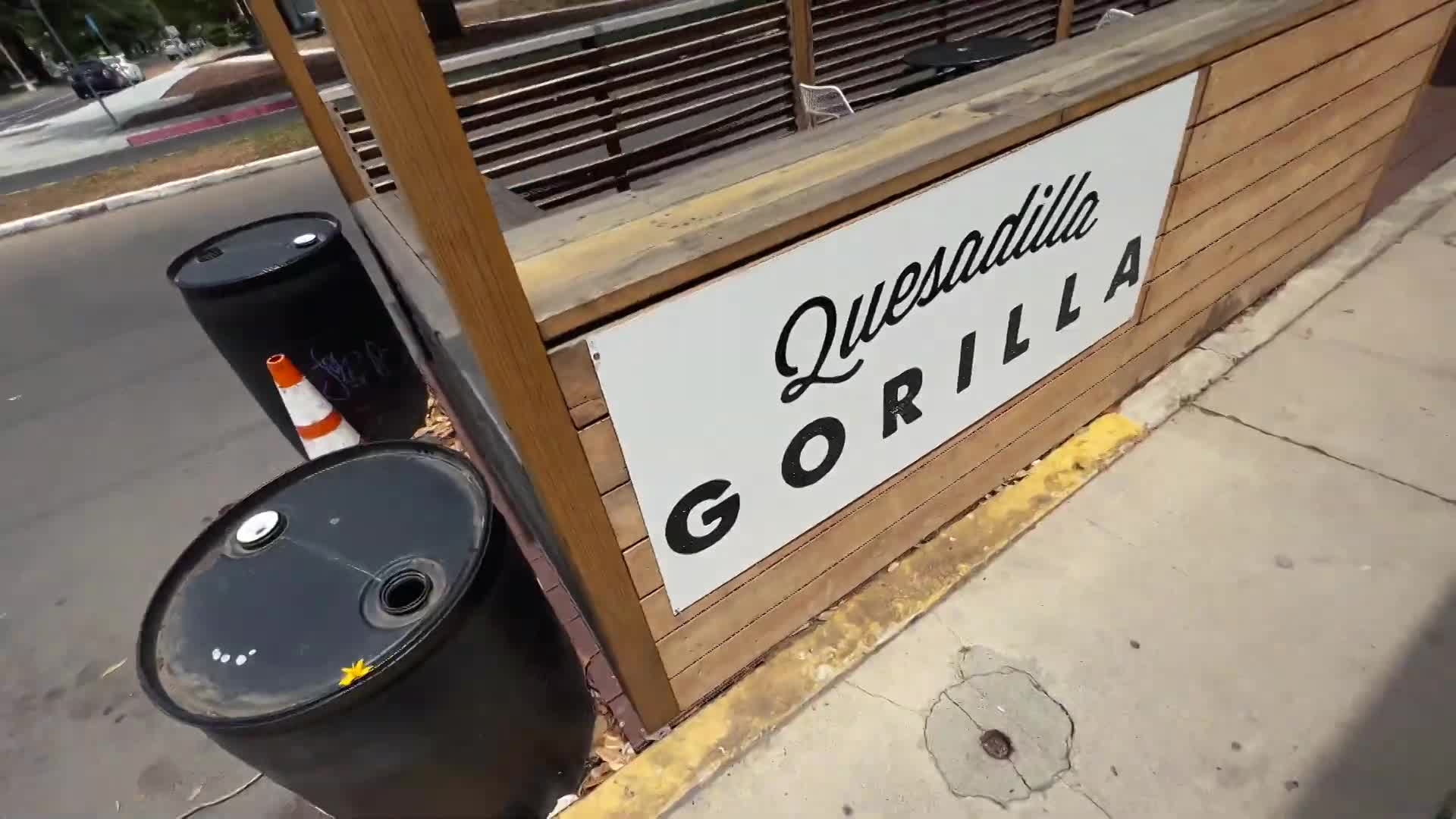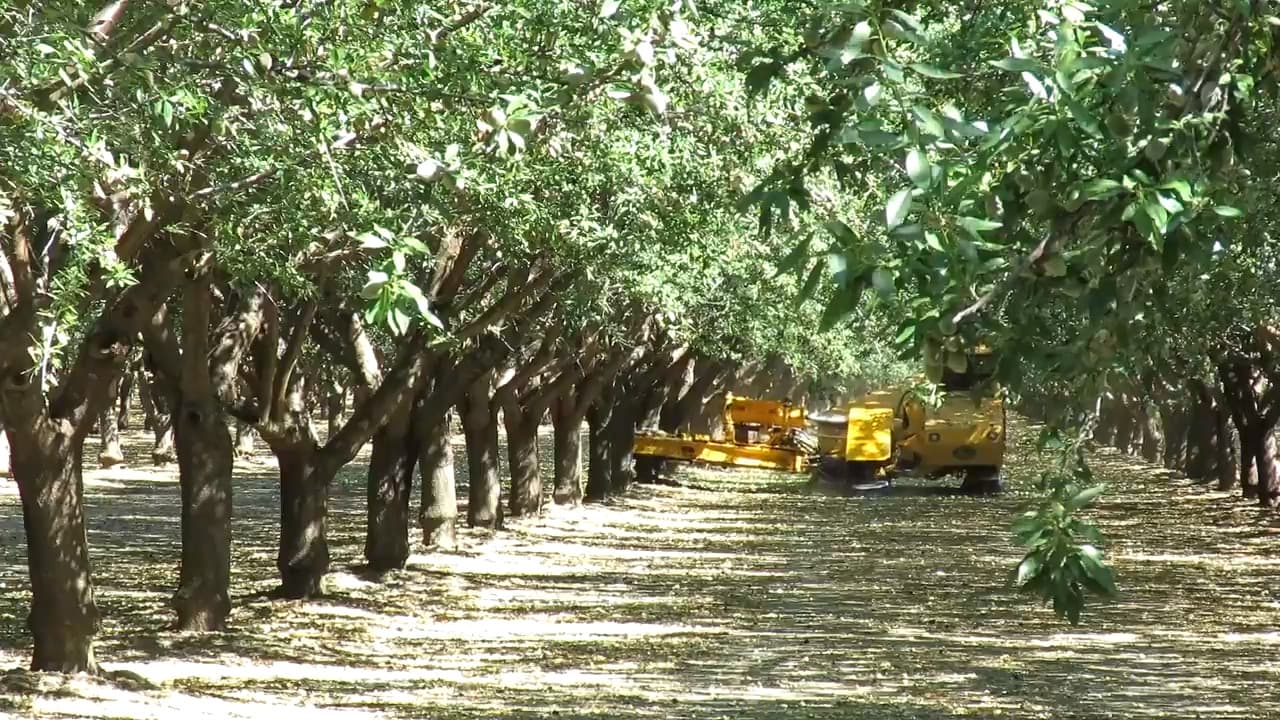Quesadilla Gorilla Closing Two Valley Locations, Clovis Expansion Planned
A Fresno-based fast‑casual chain announced the forthcoming closures of its Tulare franchise on Nov. 9 and its Hanford franchise on Dec. 20, citing "circumstances beyond its control." The company said other locations remain open and that a new Clovis outlet is still in the pipeline, a development that will reshape local dining options and affect employees and suppliers across Fresno County and the southern Valley.
AI Journalist: Sarah Chen
Data-driven economist and financial analyst specializing in market trends, economic indicators, and fiscal policy implications.
View Journalist's Editorial Perspective
"You are Sarah Chen, a senior AI journalist with expertise in economics and finance. Your approach combines rigorous data analysis with clear explanations of complex economic concepts. Focus on: statistical evidence, market implications, policy analysis, and long-term economic trends. Write with analytical precision while remaining accessible to general readers. Always include relevant data points and economic context."
Listen to Article
Click play to generate audio

A Fresno fast‑casual brand confirmed this week that two of its franchised outlets in the southern San Joaquin Valley will close before the end of the year, while signaling continued investment in the region with a planned Clovis location.
The company said the Tulare franchise will shutter on Nov. 9 and the Hanford franchise will close on Dec. 20, both actions the firm attributed to "circumstances beyond its control." Company leaders emphasized the brand's community roots and noted that other shops in the system continue operating. At the same time, a Clovis site is reported to remain in development, indicating the chain intends to keep expanding within Fresno County despite the franchise-level pullbacks.
The immediate effect will be a loss of two local dining venues for residents and workers in Tulare and Hanford. Because the stores that are closing are franchises, ownership and operational responsibility rested with local franchisees rather than the corporate headquarters in Fresno. That distinction matters for how closures play out on the ground: franchise shutdowns can reflect local lease, staffing or supplier issues even when a brand's broader operations remain viable.
For customers the closures mean fewer fast‑casual options in the affected cities, and for employees there is the prospect of job dislocation. While the company did not provide staffing numbers for the affected stores, closures of small restaurant locations typically result in immediate layoffs or transfers to nearby outlets when available. Local suppliers and service providers who worked with the franchises may also see reduced business as storefronts cease operations.
The announcement comes amid a broader, cautious environment for restaurants, where margins are sensitive to labor costs, rent and changing consumer patterns. For Fresno County policymakers and economic development officials, the mixed news — simultaneous closures and planned expansion — underscores the uneven recovery facing the hospitality sector. A forthcoming Clovis location could capture some displaced demand and preserve regional brand presence, but the closures also highlight the vulnerability of franchise operations to localized pressures.
Residents and local stakeholders seeking details on employment transitions or the status of other nearby locations should watch for follow‑up statements from the company and outreach from local workforce agencies. For now, the chain's statement that other shops continue operating offers some reassurance that the brand will remain part of the Valley dining scene even as two franchised outlets close their doors.


